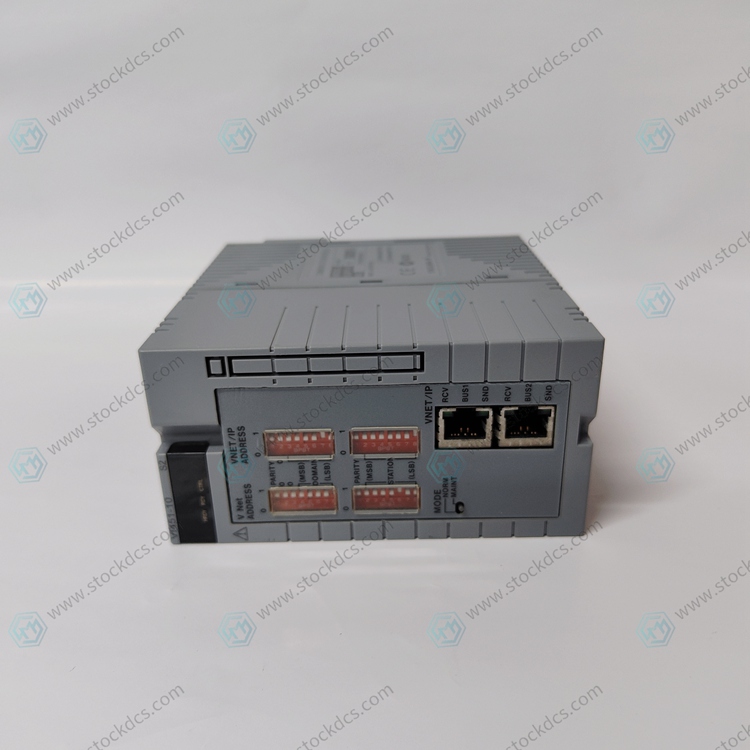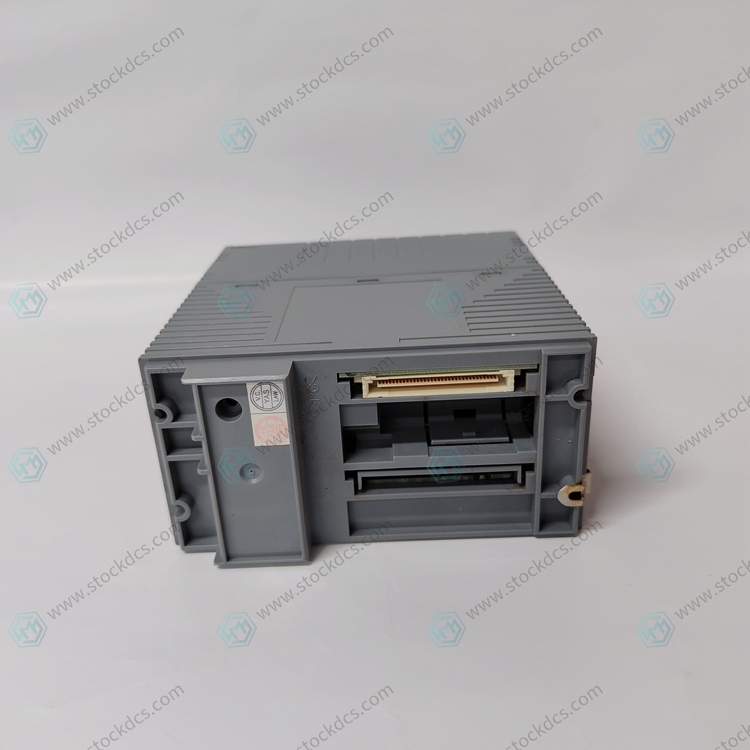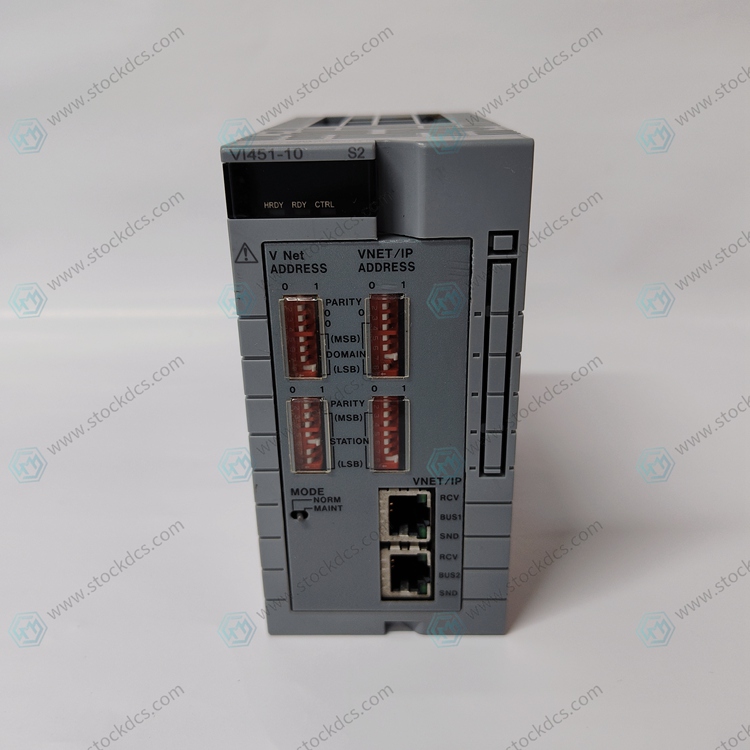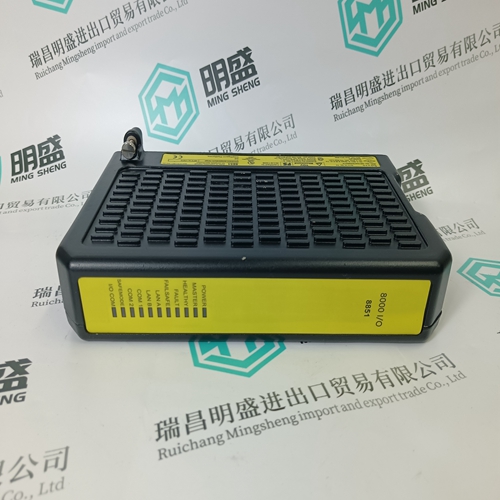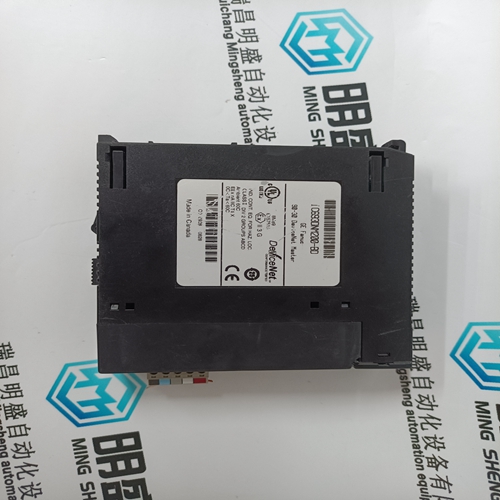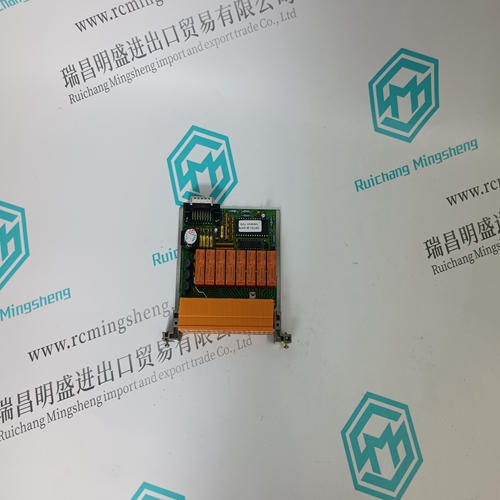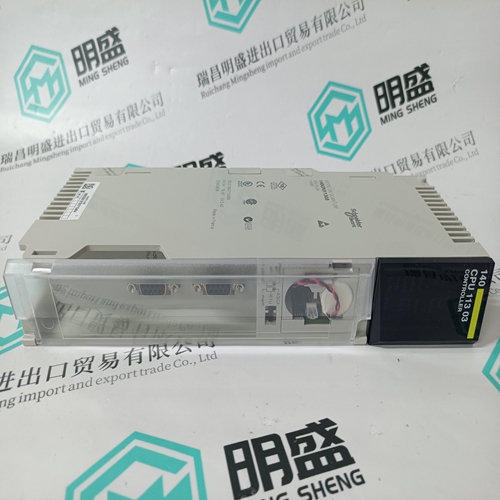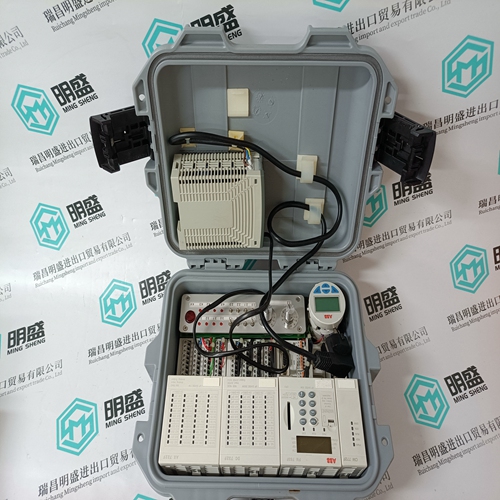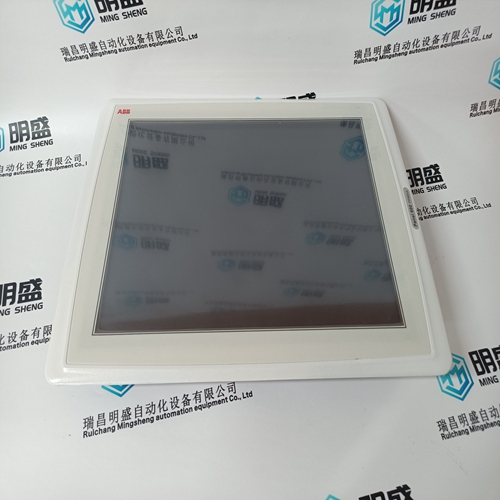Home > Product > Robot control system > YOKOGAWA VI451-10 DCS Module
YOKOGAWA VI451-10 DCS Module
- Goods status: new/used
- Delivery date: stock
- The quality assurance period: 365 days
- Phone/WhatsApp/WeChat:+86 15270269218
- Email:stodcdcs@gmail.com
- Tags:VI451-10 DCS
- Get the latest price:Click to consult
YOKOGAWA VI451-10 DCS Module
Product Details Introduction
YOKOGAWA VI451-10 DCS (Distributed Control System) module is a hardware and software component used to implement distributed control in property automation and process control. The application functions of YOKOGAWA VI451-10DCS module cover multiple aspects to support the monitoring, control and optimization of property processes. The following are some of the main functions of DCS modules:
Input/Output (I/O) Modules: I/O modules in DCS are used to connect and exchange process-changing information, including the inputs and outputs of sensors and actuators. These modules are responsible for collecting data from field equipment, such as temperature, pressure, fluid, etc.
Controller module: The controller module is responsible for real-time control of the process and executes the control algorithm predefined by engineers. These algorithms can adjust the state of the actuator to support the process in the desired state.
Communication module: The DCS module uses the communication module to run internal and external communications. Internal communication ensures co-operation between various modules, while external communication may involve data exchange with other systems, such as communication with an enterprise-level management system (ERP) or other DCS systems.
Human Machine Interface (HMI) Module: The HMI module provides an intuitive user interface that engineers and operators can use to monitor processes, adjust control parameters, and receive system alerts and reports.
Database module: The database module is used to retain historical data, configure equipment layout parameters and system status. This data can be used to generate reports, run error diagnosis, and run performance analysis.
Alarm and accident management: The DCS module is responsible for monitoring abnormal accidents and alarms in the system, and providing timely care to the controllers. This helps in taking timely steps to avoid potential problems.
Safety system modules: Some DCS modules also integrate safety systems to ensure process safety. This can include emergency parking systems, fire detection and suppression systems, etc.
System Debugging and Damage Modules: DCS modules typically contain tools and functions to support system debugging, diagnosis, and damage. This helps resolve issues quickly and minimize downtime.
Distributed control strategy: The DCS module supports distributed control strategy, allowing the system to implement swarming control algorithms on multiple nodes, thereby improving system reliability and performance.
Flexible configuration and expansion: DCS modules are typically designed as flexible configurations and scalable systems that can be customized and upgraded as per the requirements of different property processes.
Overall, the application functions of the YOKOGAWA VI451-10DCS module are designed to provide centralized monitoring and control of complex property processes to ensure efficient, safe and reliable operations.
Product image
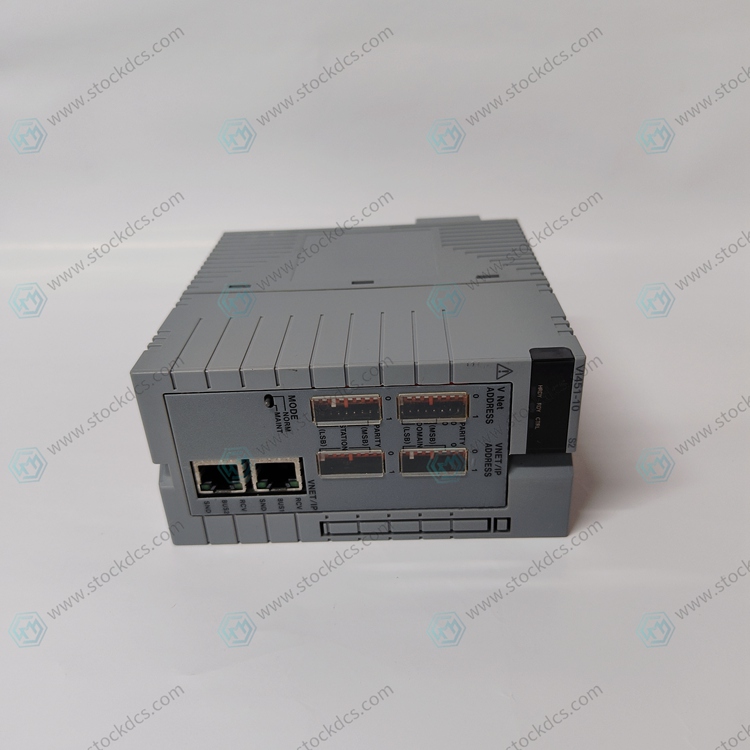
Related products:
YOKOGAWA PW441-10 power module
YOKOGAWA ALP121 Control Pulse Module
YOKOGAWA NFAI841-S00 terminal module
其他网站链接
| 5630-031 | HP59A60192 | IMDS001 |
| 5630-029 | HLLA-1 | IMDS014 |
| 5630-023 | HP56A60192 | IMDS112 |
| 5445 | SL3-120-RFAFGF | IMDSI02 |
